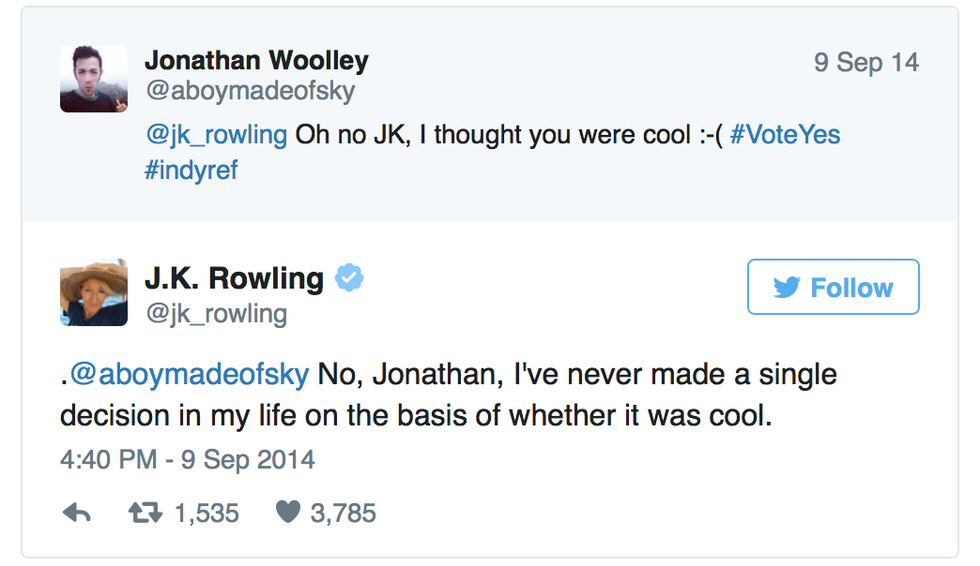I've been writing for as long as I can remember. Teachers marveled at my creative potential at such a young age, and encouraged me to keep up the good work. I was never told that creative writing teaches some tough lessons. I've faced the fear, rejection and the isolation that comes with the creative muse, but at least I've had other writers to influence my journey. This is what I've learned:
1. Rejection is the greatest character builder in existence.
"Gone with the Wind" was rejected 38 times before publication. J.K. Rowling was told "not to quit her day job," facing 12 publisher rejections before the first "Harry Potter" novel was published. Agatha Christie spent four years hoping for publication of "And Then There Were None." Now, we look to these as classics. Christie is the "Queen of Crime." Rowling is not only a literary hero to her readers, but a Twitter goddess.
2. Creativity takes grateful victims. We are, after all, victims.
Hemingway said, "There's nothing to writing. All you do is sit down at a typewriter and bleed." You never know when the muse will strike. You may begin your work on a napkin or the closest business card. If that's what it takes, you must and will purge whatever golden leaf is floating around your chambers of brilliance. If you don't act as your own scribe, nobody will. That's the beauty of creativity; it further establishes individuality.
3. If you can't meet a deadline, you're not cut out for this gig.
"Artistic self-indulgence is the mark of an amateur. The temptation to make scenes, to appear late, to call in sick, not to meet deadlines, not to be organized, is at heart a sign of your own insecurity and at worst the sign of an amateur." Harold Prince is right. It's a harsh reality of the creative world, but deadlines strengthen talent and organization skills.
4. “If you don't have time to read, you don't have the time (or the tools) to write. Simple as that.”
The King (Stephen King) said it best. The only way to become a truly great writer is to read. A lot.
5. Keep It Simple, Stupid (K.I.S.S.)
- “Perfection is not when there is no more to add, but no more to take away.” Antoine de Saint Exupéry
- “I try to leave out the parts that readers tend to skip.” Elmore Leonard
- “Never use a long word where a short one will do.” George Orwell
Your readers couldn't care less about your vocabulary range. The best story supplies clarity and concise expressions your readers can relate to. Think of the last time you read a Middle/Early Modern English story and felt as if the speaker's thoughts were your own. Don't lie; you didn't. What matters in composition are your ideas and voice. Focus most on those.
Above all, remember that your words matter. They have the potential to turn a heart and change a life. If not for yourself, use them, because others need them.



















